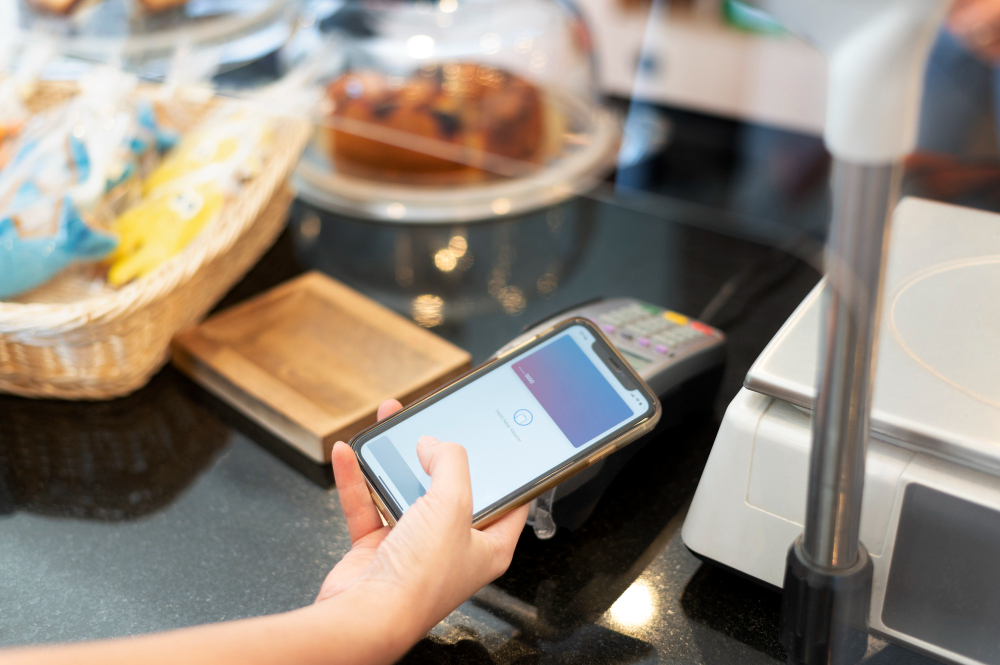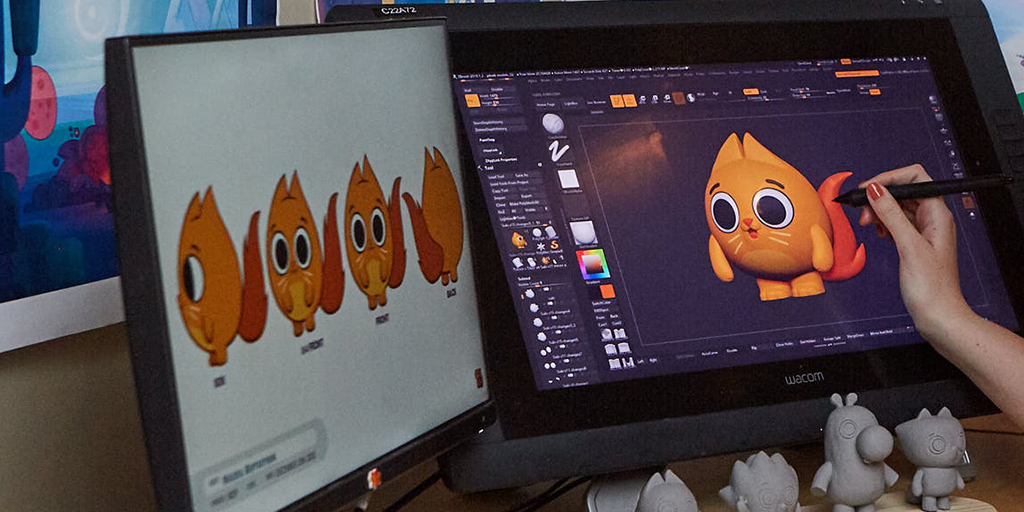Success in the highly competitive restaurant industry depends on remaining one step ahead of the competition. Using artificial intelligence (AI) technology in their management procedures is one method restaurants can obtain a competitive edge. There are several financial advantages to integrating AI, ranging from improved customer experience to operational optimization. Let’s examine in detail the advantages and financial effects of using AI in restaurant management.
Efficiency and Cost Savings
The efficiency of restaurant operations is revolutionized by AI technology, which also results in significant cost reductions. Artificial intelligence (AI) solutions minimize human error and increase productivity by automating repetitive operations including order processing, staff scheduling, and inventory management.
For example, AI-driven inventory management systems use demand forecasting, replenishment order automation, and ingredient consumption tracking using real-time data. This minimizes food waste and overstocking while also guaranteeing that eateries have the appropriate ingredients on hand when needed, improving inventory turnover and cutting carrying costs.
Similar to this, AI-based staff scheduling systems improve labor allocation by analyzing past data, present trends, and outside variables like weather and events. Restaurants may reduce instances of overstaffing and understaffing, which lowers labor expenses while maintaining high standards of service quality, by precisely forecasting their staffing needs.
Data-Driven Decision Making
By utilizing data insights, AI enables restaurant managers to make well-informed judgments. Artificial intelligence (AI) systems are able to recognize patterns, trends, and optimization opportunities by examining enormous volumes of data gathered from many sources, including client orders, preferences, and comments.
For instance, AI-driven analytics solutions can offer insightful data on sales patterns, menu performance, and client preferences, allowing restaurants to efficiently adjust their menus to suit demand. Restaurants may maximize profitability by adjusting their menu offerings, pricing tactics, and promotional campaigns by knowing which menu items are popular and which ones are underperforming.
Moreover, AI technology makes scenario analysis and predictive modeling possible, giving restaurant management the ability to foresee future trends and take preemptive measures. AI, for example, can predict demand for particular menu items based on past sales data, seasonal trends, and outside variables, assisting restaurants in allocating resources for marketing, staffing, and inventory.
Enhanced Customer Experience
The entire customer experience is improved with the use of AI technology, which has a direct financial impact on restaurants. Restaurants can now provide their patrons with more engaging and personalized experiences thanks to AI-powered technologies like chatbots, recommendation engines, and tailored marketing campaigns.
Without the need for human intervention, chatbots may manage reservations, client feedback, and inquiries to provide prompt and effective service. By giving quick answers and round-the-clock help, this increases customer happiness in addition to improving operational efficiency.
In order to recommend appropriate menu items, promotions, and exclusive deals, recommendation engines examine the tastes and actions of their users. Recommendation engines enhance upsell and cross-sell opportunities by customizing the dining experience and anticipating client wants. This results in higher average order values and greater income.
AI algorithms are used in personalized marketing efforts to categorize clients according to their demographics, preferences, and past purchases. Restaurants may boost customer engagement, loyalty, and repeat business by focusing on particular consumer categories with customized offers and promotions. This will eventually lead to higher revenue growth and profitability.
Streamlined Operations
Through the automation and optimization of numerous processes, artificial intelligence (AI) technology improves efficiency and lowers costs associated with running a restaurant. AI-powered kitchen management solutions, for instance, can streamline productivity, improve order accuracy, and make better use of the equipment used for food preparation.
Similarly to, restaurants may more effectively manage their inventory, cut waste, and avoid stockouts by utilizing AI-driven predictive analytics to forecast demand, inventory requirements, and supply chain logistics. AI technology helps restaurants run more effectively and efficiently by automating repetitive jobs and streamlining operations, which eventually improves the bottom line.
Competitive Advantage
Remaining one step ahead of the competition is essential for success in the cutthroat restaurant market of today. Through the ability to streamline operations, make data-driven choices, and provide exceptional customer experiences, artificial intelligence (AI) technology gives restaurants a competitive edge.
By utilizing AI technology, restaurants may set themselves apart from rival establishments by providing better food, more individualized service, and more streamlined operations. This competitive edge can result in happier and more devoted customers, which can raise sales and profitability in the end.
Conclusion
Incorporating AI technology into restaurant management processes offers numerous financial gains, such as increased productivity, reduced expenses, better customer satisfaction, and a competitive edge. Restaurants may improve operations, make data-driven decisions, and provide individualized experiences for their patrons by utilizing AI-powered solutions. This will ultimately increase their revenue and guarantee long-term success in a field that is becoming more and more competitive. Restaurants that embrace innovation and adjust to shifting customer preferences will surely prosper in the ever-changing culinary market as AI technology advances.




